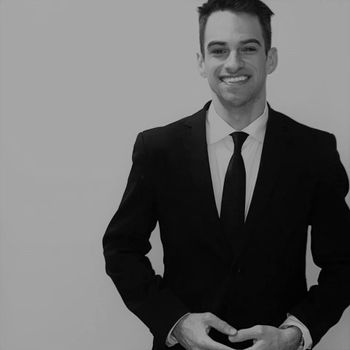Stanford prof is 'not sure we need' 'radical' 'conservative influencers,' like OAN, Newsmax
A Stanford University professor said he's "not sure we need" cable providers to offer "conservative influencers" such as One America News Network and Newsmax to tens of millions of viewers.
At one point in the interview, the Stanford University professor referred to these two outlets as "a problem."
The Director of Stanford University’s Internet Observatory, Alex Stamos, questioned Sunday on CNN’s “Reliable Sources” with host Brian Stelter whether cable providers should allow certain media outlets into homes.
”We have to turn down the capability of conservative influencers. to reach these huge audiences. There are people on YouTube, for example, that have a larger audience than daytime CNN.”
Stamos then said that “we’ll have to figure out the OANN and Newsmax problem.”
”These companies have freedom of speech, but I’m not sure we need Verizon, AT&T, Comcast, and such bringing them into tens of millions of homes,” Stamos added.
[RELATED: OSU football coach shamed for wearing One America News t-shirt]
.@alexstamos: “We have to turn down the capability of Conservative influencers--There are people on YouTube that have a larger audience than daytime CNN.”
’OAN & Newsmax have freedom of speech, but I’m not sure we need Verizon, AT&T, Comcast bringing them into millions of homes’ pic.twitter.com/uC0OcqmQJP— Breaking911 (@Breaking911) January 17, 2021
At least two of the companies that carry One America News Network and Newsmax are the parent companies of media outlets competing directly with OAN and Newsmax. Comcast is the parent company of MSNBC and AT&T is the parent company of CNN.
At Stanford, Stamos is listed as teaching three courses, including “Trust and Safety Engineering,” which the university describes as an “introduction to the ways consumer internet services are abused to cause real human harm and the potential operational, product and engineering responses.”
”Students will learn about spam, fraud, account takeovers, the use of social media by terrorists, misinformation, child exploitation, harassment, bullying and self-harm,” the description continues.
Campus Reform reached out to Stamos but did not hear back in time for publication.
Follow the author of this article on Facebook: @JonStreetDC and Twitter: @JonStreet

